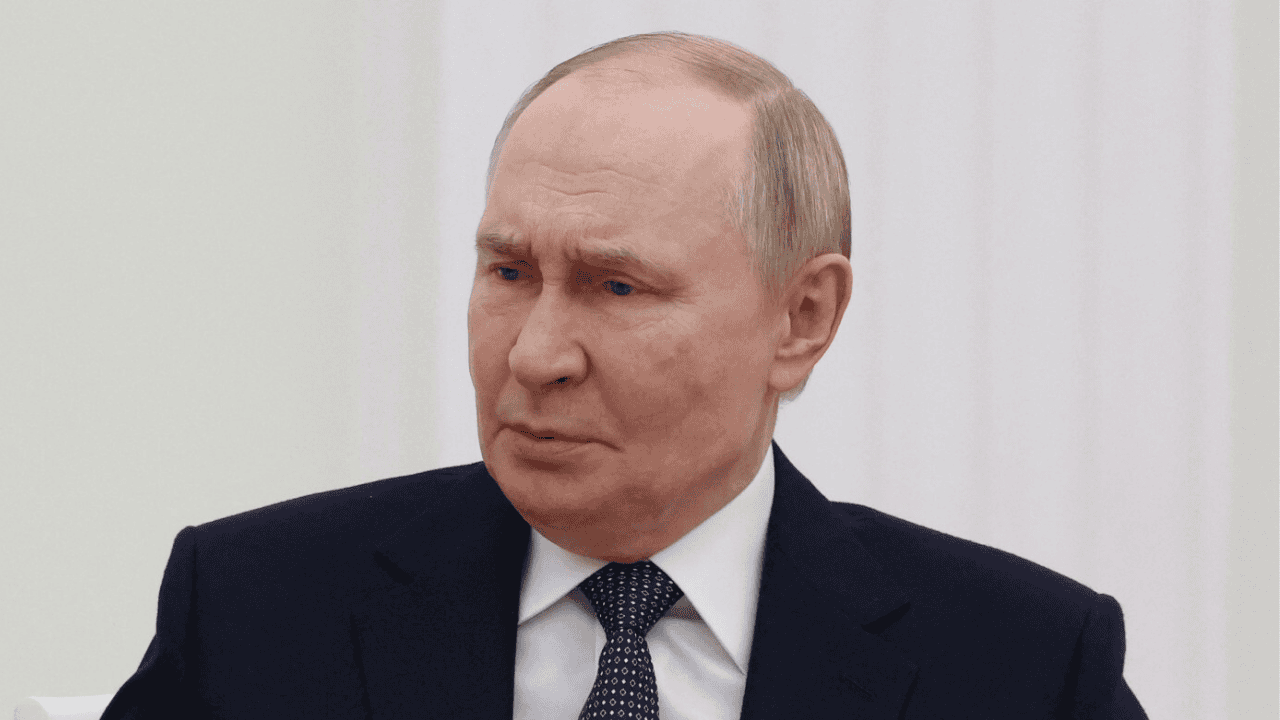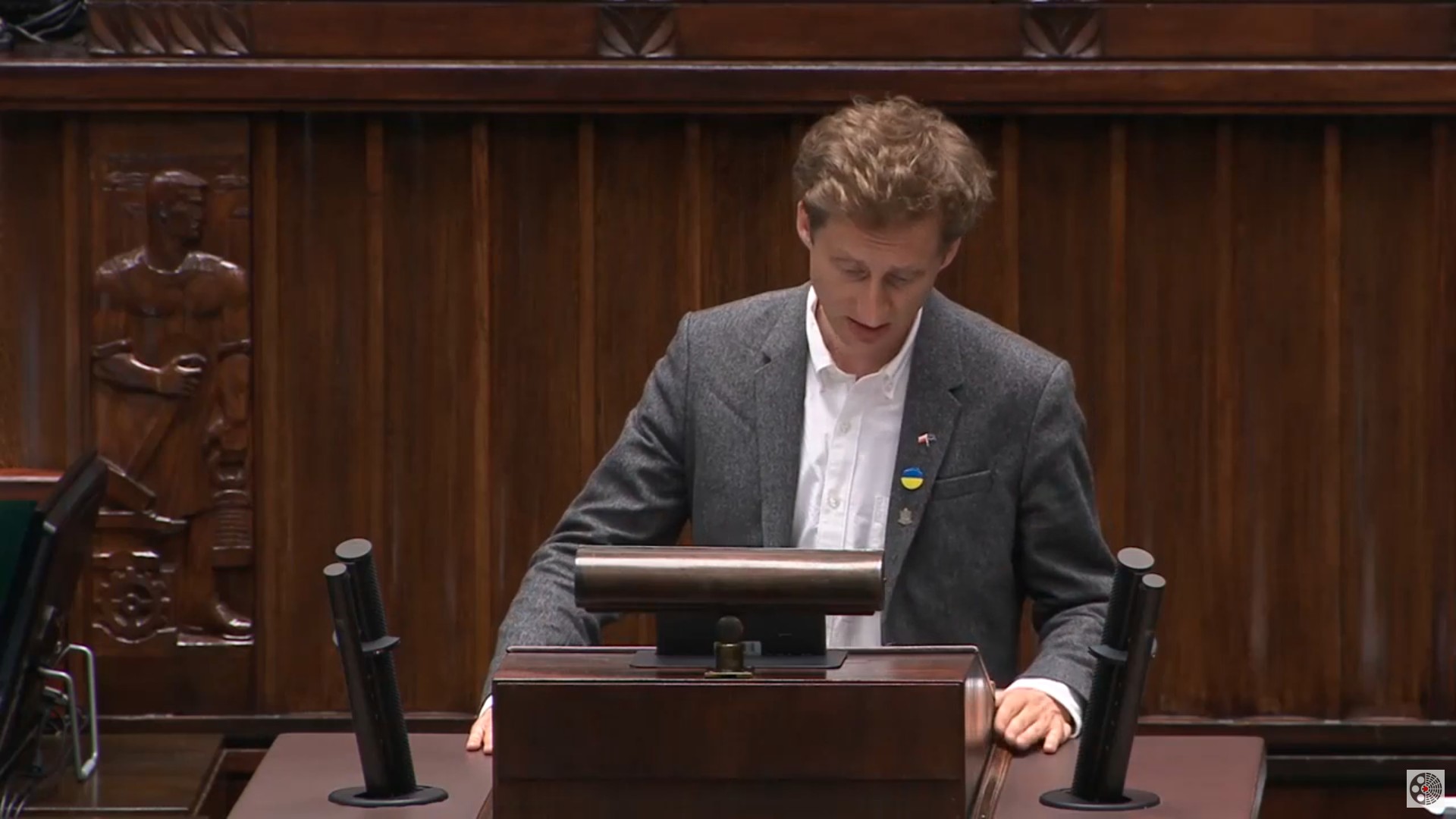
Highlights From Scott Bessent’s Fox And Bloomberg Interviews
During several lengthy interviews this morning on Fox News and Bloomberg TV, Treasury Secretary Scott Bessent said there could be “several large” trade deals announced in the next couple of weeks, adding that he expects Trump administration officials will meet with their Chinese counterparts again in-person to negotiate those tariffs. He also said he expects the US budget deficit „to be something with a 3% in front of it by 2028” with revenue from tariffs to be used to solve the deficit.
“My sense is, over the next couple of weeks we’re going to have several large deals announced,” Bessent said in an interview with Bloomberg TV’s David Westin. Regarding China, he said “I expect that we will be negotiating in-person with them again.” The remarks build on Bessent’s comments earlier Friday that he anticipates such deals will come ahead of the expiration of the 90-day pause on the steep “reciprocal” rates that President Donald Trump unveiled on April 2.
“These deals are moving quickly, and I think as we approach the end of the 90-day period, we’re going to see more and more of them announced,” Bessent said in an earlier interview with Fox News. “Many of the Asian countries have come with very good deals.”
Bessent said that most US trading partners have been negotiating “in very good faith,” and that the European Union is an “exception.” Trump earlier Friday threatened a 50% tariff on EU goods starting on June 1, saying “our discussions with them are going nowhere.”
“I think this is in response just to the EU’s pace,” Bessent said of Trump’s threat. “I would hope that this would light a fire under the EU.”
The Treasury chief has been tapped by Trump as point person for negotiations with a number of Asian trading partners, while Commerce Secretary Howard Lutnick has taken the lead on European talks. Bessent reiterated his view that the EU has a “collective action problem” in negotiating, because of the need to assemble a unified position among multiple member nations. What he means by this is that the US is negotiating with unelected European bureaucrats (it is Europe after all) and not with representatives of sovereign states, which is why it is difficult to make any headway.
Bessent declined to specify which nations the US is likely to announce deals with in the coming weeks. He did say in the Fox interview that “we’re far along with India.”
He also said that the so-called liberation day tariff rates that Trump announced April 2 were “based on countries coming to us and negotiating in good faith.” After that announcement, Bessent had repeatedly said that those rates were a ceiling unless other nations retaliated. “If you don’t retaliate, that is the ceiling,” he said April 9 at an American Bankers Association event. The EU was assigned a 20% rate last month, less than half the level of Trump’s Friday threat.
Asked about the tax bill that passed the House earlier this week, the Treasury chief said that Senate Majority Leader John Thune is aiming “to take this up immediately, and I’m not expecting that there’s going to have to be that much change” in the legislation in that chamber.
Turning to the debt, the Treasury chief said that since the US can grow the economy and control the debt, „what is important is that the economy grows faster than the debt” adding that „if we change the growth trajectory of the country, of the economy, then we will stabilize our finances and grow our way out of this.”
The problem, as he also pointed out, is that there is lots of Congressional resistance to spending cuts. Well, duh. It’s not called grift for nothing.
We can both grow the economy and control the debt. What is important is that the economy grows faster than the debt.
If we change the growth trajectory of the country, of the economy, then we will stabilize our finances and grow our way out of this. pic.twitter.com/lv07wJne1f
— Treasury Secretary Scott Bessent (@SecScottBessent) May 23, 2025
While the modest revenue gains from tariffs are appreciated, they will never be able to fully offset all of the extra spending which just piles up year after year. And speaking of tariffs, Bessent said that „there is an equilibrium rate for tariffs and I think we will reach that rate. Tariff barriers or nontariff trade barriers are coming down, so friction is decreasing. This will lead to several hundred billion dollars a year of revenue, which will correlate to several hundred billion less bonds that the US has to issue.”
There is an equilibrium rate for tariffs and I think we will reach that rate.
Tariff barriers or nontariff trade barriers are coming down, so friction is decreasing.
This will lead to several hundred billion dollars a year of revenue, which will correlate to several hundred… pic.twitter.com/2ZZMjHXeeY
— Treasury Secretary Scott Bessent (@SecScottBessent) May 23, 2025
It’s also why Bessent praised Musk’s efforts with Doge, which he said was „one of the most important of my lifetime and I am committed to not letting the bureaucracy slow it down.”
„We need to get the costs under control; we need to get government efficiency under control; and we need to make the government work better for the American people.” Yes, well, it took Musk about 4 months to realize that nothing can ever change, and even after cutting a few hundred billion in gratuitous government spending in a few months, he was quickly shocked at just how embedded corruption is and is now fading away from the DC scene.
The effort undertaken by @DOGE and @elonmusk is one of the most important of my lifetime and I am committed to not letting the bureaucracy slow it down.
We need to get the costs under control; we need to get government efficiency under control; and we need to make the government… pic.twitter.com/z2bWCMg9bu
— Treasury Secretary Scott Bessent (@SecScottBessent) May 23, 2025
In terms of matters that matter most to the market, Bessent told Bloomberg that „we are very close to moving the Supplementary Leverage Ratio (SLR) for banks.” He said an SLR shift could bring down yields by tens of basis points. The comment helped back-end yield fall slightly.
And speaking of bonds, Bessent rejected the idea that the US bond market selloff is related to the passing of the „Big, Beautiful” tax bill (he is wrong). Bessent said he is not worried about bond market moves which he stressed was happening globally.
There was much more in the two interviews; here is a summary of the main topics covered:
- Substantial revenue now coming in thanks to tariffs.
- Very optimistic on outlook for deficit.
- Over the next couple weeks we’re going to have several large deals announced.
- Says EU has a collective action problem.
- Expect they will be negotiating with China in person again.
- Very optimistic Germany can help push the EU forward.
- May see a US-Germany reset under Chancellor Merz.
- Wrong to think bonds are moving on US Congress action
- As US growth accelerates not worried about debt dynamics.
- Not particularly worried about markets are thinking.
- Wouldn’t necessarily categorize it as weak Dollar.
- Other countries’ currencies rising, not Dollar falling.
- There is a lot of resistance to government spending cuts.
- Deregulation is to kick in for growth in Q3-Q4, 2026.
- Want to make the US the most attractive for capital.
- Very close to moving the SLR and could see SLR move over the summer.
- A shift in SLR could have an impact on Treasury yields.
- When trade deals are sorted, can focus on the privatization of Fannie Mae and Freddie Mac.
- G7 was very concerned about imbalances around China.
Last but not least, Bessent had some choice comments about Trump’s latest nemesis, Harvard University, which the Treasury secretary called „one giant hedge fund.”
Tyler Durden
Fri, 05/23/2025 – 12:40

 4 miesięcy temu
4 miesięcy temu












